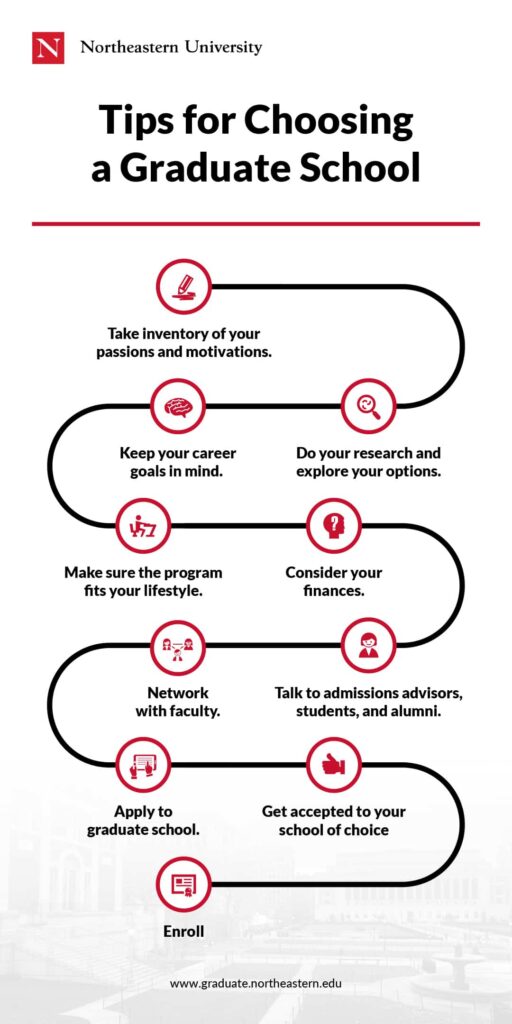
Considering Pursuing a Ph.D.
Factors to consider before pursuing a Ph.D.
When contemplating pursuing a Ph.D., individuals should carefully consider several crucial factors. Academic readiness is paramount; it involves possessing a strong foundation in the chosen field and a passion for research. Mental preparedness is essential due to the rigor and commitment required. Financial implications need evaluation to ensure there is adequate funding to support the extensive academic journey. Career goals should align with the reasons for pursuing a Ph.D. Lastly, personal commitments must be accounted for to manage the demanding workload effectively.
Benefits of obtaining a Ph.D.
Earning a Ph.D. can lead to a myriad of benefits. Specialized expertise in a particular field is developed through in-depth research and study. Career advancement opportunities increase, with Ph.D. holders often qualifying for higher-level positions and leadership roles. Research opportunities expand, allowing individuals to contribute significantly to their field. Salary potential typically rises for Ph.D. holders compared to those with lower academic qualifications. Furthermore, personal satisfaction is derived from the accomplishment of attaining the highest academic credential in one's field.
After Completing a Master's Degree
Evaluating the decision to pursue a Ph.D. after a Master's degree
Transitioning from a Master's degree to a Ph.D. requires careful consideration. Building on the academic foundation laid during the Master's program is crucial, ensuring academic readiness for the rigorous Ph.D. journey. While the financial implications of pursuing a Ph.D. may be significant, the potential for career advancement and increased research opportunities should be weighed. Balancing personal commitments and a desire for specialized expertise is essential, reflecting on the journey from Master's to Ph.D.
Advantages of continuity in academic pursuits
Continuing onto a Ph.D. after a Master's degree offers a continuum of specialized expertise and deeper research opportunities within one's field. The seamless transition enhances career advancement prospects, positioning individuals for higher-level roles and leadership positions. Financially, a Ph.D. can lead to increased salary potential and personal growth through personal satisfaction in achieving the highest academic credential.

Industry Experience vs. Further Education
Weighing the benefits of industry experience versus a Ph.D.
Transitioning from a Master's degree to a Ph.D. involves meticulously evaluating the advantages of pursuing further education over gaining industry experience. The decision hinges on balancing the enhanced academic readiness and research opportunities a Ph.D. offers against the real-world skills and practical knowledge acquired through industry exposure. Financial considerations and career prospects must be carefully weighed to make an informed choice between continuing academic pursuits or diving into professional endeavors.
How industry experience can enhance a Ph.D. journey
Recognizing the value of industry experience can significantly enrich the Ph.D. journey. Practical insights gained from working in the field can provide a unique perspective, enriching research endeavors and contributing to a well-rounded academic experience. Integrating industry knowledge into academic pursuits can lead to more impactful research outcomes and a broader understanding of the relevance and applications of theoretical concepts. Leveraging industry experience alongside academic pursuits can create a dynamic and comprehensive approach to professional growth and expertise.

Research Interests and Career Goals
Aligning research interests with career goals for a Ph.D.
When considering a Ph.D., aligning research interests with career goals is essential. Understanding how the chosen research area contributes to long-term career aspirations can provide clarity and motivation throughout the academic journey. By ensuring that research interests align with career objectives, individuals can maximize the relevance and impact of their doctoral studies, leading to a more purposeful and fulfilling academic experience.
Impact of research focus on future opportunities
The research focus chosen for a Ph.D. can have a significant impact on future opportunities. By selecting a research area that aligns with industry trends and demands, individuals can enhance their competitiveness in the job market upon graduation. A detailed understanding of how research outcomes can be applied to real-world challenges can open doors to exciting career prospects and collaborations. Strategic alignment of research focus with future opportunities is key to maximizing the potential benefits of a Ph.D. program.

Funding and Resources
Exploring funding options for a Ph.D. program
When pursuing a Ph.D., exploring funding options is crucial for financial stability throughout the research journey. By seeking external grants, scholarships, or fellowships, individuals can alleviate the financial burden associated with doctoral studies. Diligent research into various funding sources, including both public and private organizations, can provide valuable opportunities to support research endeavors and academic pursuits. Securing adequate funding ensures that individuals can focus on their research goals without being hindered by financial constraints.
Availability of resources to support Ph.D. research
In a Ph.D. program, the availability of resources plays a vital role in facilitating successful research outcomes. Access to state-of-the-art laboratories, libraries, research materials, and faculty guidance can significantly impact the quality and depth of research conducted. Collaborating with experts in the field and leveraging institutional resources can enhance the rigor and relevance of research projects. Maximizing the utilization of available resources ensures that Ph.D. candidates can conduct comprehensive studies and contribute meaningfully to their respective academic disciplines.
Comments
Post a Comment